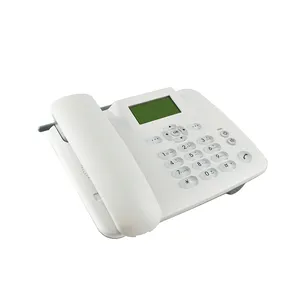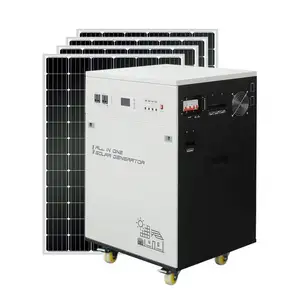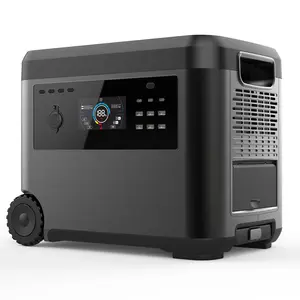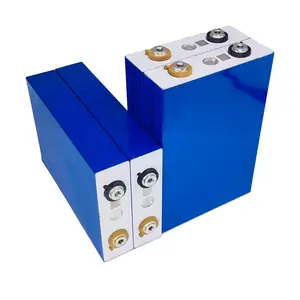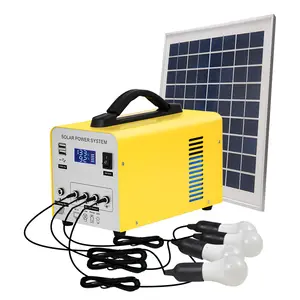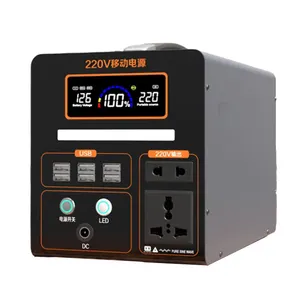Popular in your industry












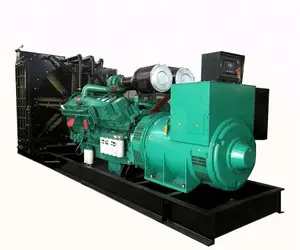






























































Top categories
About hydraulic electric generator
Introducing the hydraulic electric generator, a cornerstone in the realm of renewable energy solutions. This innovative apparatus is designed to convert the kinetic energy of flowing water into electrical energy, offering a sustainable alternative to traditional power sources. Alibaba.com showcases a comprehensive selection of hydraulic electric generators, tailored to meet the diverse requirements of businesses globally.
Types of Hydraulic Electric Generators
The variety of hydraulic electric generators spans from micro hydro power generators to mini hydro power plants for home use, each with unique characteristics to serve different scales of operation. For instance, micro hydroelectric power plants are ideal for small communities or remote areas, while small hydro power generators are well-suited for individual industrial applications. On the larger end of the spectrum, hydroelectric power plant turbines are capable of supplying electricity to entire cities. Each type is designed with specific flow rates and power output capacities to match the needs of various settings, from portable hydro power generators for temporary setups to permanent installations for consistent energy supply. The mini hydro electric power plant is particularly popular for its compact size and ease of integration into existing structures, making it a favorite for residential and small business applications.
Structure and Operation of Hydraulic Electric Generators
The structure of a hydraulic electric generator is a marvel of engineering, consisting of several key components. At its heart lies the hydro power turbine generator, which is turned by the flow of water. This mechanical motion is transferred to an alternator, which converts it into electrical energy. The system may include a series of gates and valves to control water flow, and a transformer to adjust the electrical output to the desired voltage. The intricate design ensures that each part operates in harmony to achieve maximum efficiency. The raw water enters through an intake and is directed to the turbine through a penstock, where the water's potential energy is converted to kinetic energy. The turbine's rotation then drives the generator, which produces electricity. After passing through the turbine, the water is released back into the river or stream with minimal environmental impact.
Materials and Their Properties
The choice of materials in the construction of hydro power generators is critical. Stainless steel, known for its strength and resistance to corrosion, is commonly used, particularly in components that come into direct contact with water, such as the turbine blades and the generator housing. The properties of stainless steel ensure longevity and reliability, even under the stress of continuous operation and in the presence of potentially corrosive elements. The material's durability is a key factor in the generator's overall lifespan, and its resistance to extreme temperatures and pressures makes it an ideal choice for the demanding environments in which these generators operate.
Business Usages and Applications
Hydraulic electric generators find their place in a multitude of business applications. In the agricultural sector, they are used to power irrigation systems, while in manufacturing, they provide a consistent energy supply for production lines. The tourism industry also benefits from these generators, particularly in remote resorts where they can be used to reduce energy costs and enhance the eco-friendly appeal. The versatility of these systems allows them to be integrated into existing infrastructures, providing an additional energy source or a primary power supply in off-grid situations. In urban settings, they can be utilized to supplement the municipal power supply, helping to reduce the load on the grid during peak hours and contributing to a more sustainable urban energy policy.
Functions of Hydraulic Electric Generators
The primary function of a hydraulic electric generator is to provide a reliable source of clean energy. They are designed to perform efficiently across a range of conditions, with the ability to adjust to fluctuating water flows and generate power accordingly. This adaptability makes them suitable for a wide array of environments, from mountainous regions to urban waterways. Beyond electricity generation, these systems can also be configured to provide mechanical power directly for industrial processes, such as milling or pumping, further showcasing their versatility.
Features of Hydraulic Electric Generators
Distinctive features of hydro power generators include their low operational costs and minimal maintenance requirements. Innovations such as smart control systems allow for remote monitoring and adjustment, enhancing their usability. Moreover, the modular design of many mini hydro power plants enables scalability, allowing businesses to increase capacity as their energy needs grow. The ability to operate autonomously and the provision of a stable power supply even in remote locations are also key features that make these generators highly sought after.
Benefits of Hydraulic Electric Generators
The benefits of integrating a hydraulic electric generator into a business are manifold. They provide a cost-effective energy solution, significantly reducing reliance on grid power and lowering energy bills. The environmental impact is minimal, making them a cornerstone for businesses aiming to reduce their carbon footprint and embrace sustainability. Additionally, the reliability of these systems can enhance business continuity by providing an uninterrupted power supply, which is particularly valuable in areas prone to power outages or in critical applications where consistent power is essential.
How to Use and Maintain Hydraulic Electric Generators
Effective operation of a hydraulic electric generator begins with proper installation, ideally conducted by professionals to ensure optimal performance. Maintenance involves routine checks of the mechanical and electrical components, cleaning of the turbine blades, and inspection of the stainless steel parts for signs of wear. Selecting the right generator requires an assessment of the water flow characteristics of the site and the energy demands of the business. Regular maintenance schedules should be adhered to, including the inspection and lubrication of bearings, checking for seal integrity, and ensuring that the intake screens are clear of debris to maintain efficient operation.
Target Audience and Meeting Their Needs
The target audience for hydraulic electric generators is broad, encompassing eco-conscious homeowners, remote communities, and businesses of all sizes. These generators are designed with the end-user in mind, ensuring that they meet the specific energy requirements and preferences of each customer segment. For instance, a mini hydro power generator is perfect for a homeowner seeking energy independence, while a larger hydro power generator water turbine meets the demands of an industrial user. The scalability of these systems means they can grow with a business, providing a long-term energy solution that adapts to changing needs.
How to Choose the Right Hydraulic Electric Generator?
Selecting the appropriate hydro turbine power system involves evaluating the site's water flow, head, and the energy needs of the application. Alibaba.com offers a range of options, from pico hydro power generators to more substantial units, ensuring businesses can find a suitable match for their specific requirements. Considerations should include the potential for future expansion, the ease of integration with existing power systems, and the level of maintenance that the business is prepared to undertake.
What are the key benefits of integrating a hydraulic electric generator into your energy system?
The integration of a hydro power generator into an energy system delivers significant benefits, including reduced energy costs, increased energy independence, and a substantial reduction in carbon footprint. The reliability and efficiency of a generator in hydroelectric power plant also provide long-term stability for energy supply.
How does the use of stainless steel enhance the durability of hydraulic electric generators?
The use of stainless steel in hydroelectric power plant generators enhances their durability significantly. Its corrosion resistance and high-pressure endurance ensure that the generator's components remain intact and functional over long periods, even in challenging environments.
What should businesses consider when installing a hydraulic electric generator?
Businesses should consider the generator's compatibility with their infrastructure, potential environmental impacts, and necessary regulatory approvals. Alibaba.com provides access to a wide selection of hydro power generators, complete with detailed product information to inform such decisions.
